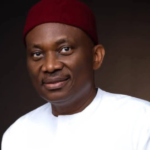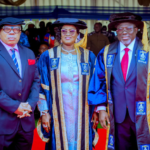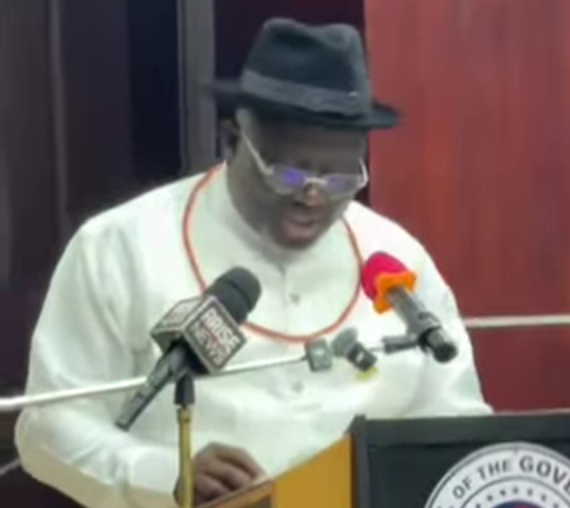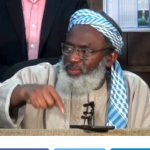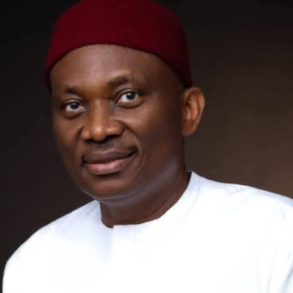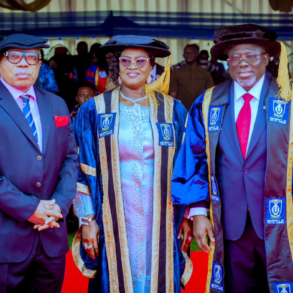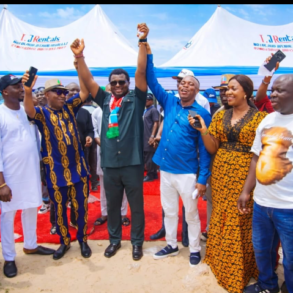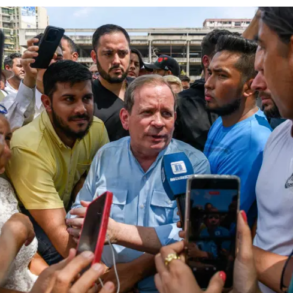Delta State government under the leadership of Rt. Hon Sheriff Oborevwori has on Wednesday unveiled a bold ₦1.664 trillion budget for the 2026 fiscal year.
The budget signalled an aggressive push to accelerate economic growth, expand critical infrastructure, and deepen the implementation of the MORE Agenda.
Governor Rt Hon. Sheriff Oborevwori presented the spending plan, christened the “Budget of Accelerating the MORE Agenda,” to the Delta State House of Assembly on Wednesday, which he described as a strategic blueprint to enhance productivity and strengthen investor confidence.
The Governor, it was perceived, to have projected a favourable national economic outlook for 2026, with Nigeria’s GDP expected to grow by 3.9%, buoyed by improved fiscal management at the federal level, rising oil revenues, and increasing foreign investment.
While presenting the budget, Oborevwori said Delta State’s economic expansion will be driven by heavy capital investments, improved security conditions, and reforms aimed at stimulating business activities.
With capital expenditure taking 70% of the budget, he stressed that the spending plan is designed to create jobs, boost infrastructure, and expand the state’s productive capacity.
Out of the total ₦1.664 trillion expenditure, ₦499 billion is dedicated to recurrent costs while a substantial ₦1.165 trillion is proposed for capital projects. The government expects to generate significant revenue from statutory allocations and derivation (₦720 billion), internally generated revenue (₦250 billion), VAT receipts (₦120 billion), and other inflows, including savings and oil revenue recoveries, totalling ₦489 billion.
The Governor noted that strengthened fiscal discipline has nearly doubled Delta’s IGR within two years, rising from ₦83 billion in May 2023 to ₦158 billion by December 2024, with projections to exceed ₦200 billion by the end of 2025.
A major emphasis of the 2026 budget is infrastructure, with ₦450 billion earmarked for road construction, rehabilitation, flyovers, rural access routes, and ongoing landmark projects such as the Warri-Sapele-Benin dual carriageway and the Trans-Warri-Ode-Itsekiri Road.
The education sector is allocated ₦105.086 billion for modernizing learning facilities, strengthening tertiary institutions, and intensifying teacher training and recruitment.
The health sector receives ₦50.067 billion for expanding primary healthcare infrastructure, procuring modern equipment, and widening insurance coverage.
Other key allocations include ₦16 billion for power and energy interventions, ₦10 billion for agricultural development including farmer-support schemes and value-chain expansion and ₦20 billion for social protection, targeting vulnerable groups and youth empowerment.
Continued investments in security architecture, surveillance technology, and the State Security Trust Fund were also emphasized as essential to sustaining economic stability.
Governor Oborevwori outlined several achievements of his administration, including the settlement of ₦8.4 billion in contractor debts dating back to 2010, ongoing clearance of pension arrears, completion of major bridges and flyovers, progress on Asaba Waterfront City and the Koko/Kwale Free Trade Zone, and the expansion of health insurance coverage to 2.73 million residents, representing 48.43% of the population.
In education, over 3,497 teachers have been employed, new technical colleges have been completed, and more than 40 academic programmes have been introduced across state universities.
He urged the State Assembly to support swift passage of the budget, stating that its implementation will consolidate peace, enhance social equity, and accelerate development across all areas of the state.
According to him, the 2026 proposal is crafted to advance a just, fair, and equitable Delta State while delivering meaningfully on the promises of the MORE Agenda.
Governor Oborevwori reaffirmed his commitment to partnerships across all arms of government and stakeholders, stating that the budget represents a renewed drive to strengthen infrastructure, human capital, and economic competitiveness for the benefit of all Deltans.

